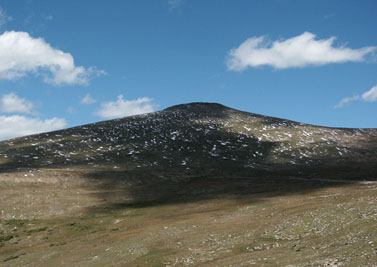How did it work: I carried a machine
on my back from one field
to a tundra, made a tomb in my name,
the objects I claimed.
Assembled the ashes like they were a thing
in need of assembly.
One raises a flag this way. I pledged
once like pulling a wasp’s
sting from my chest, its abdomen
wriggling my beautiful statehood.
I carried a machine on my back
from a tundra to a new northwest.
Wanted to speak with my I voice. Forgot.
I renamed my collective
to forget again, to disgrace and perturb
an east of here. How I licked each
flower to determine its origins with fruit,
or the skin of a woman’s
pain. The soil was a way to speak to
the tenderly flensed beasts,
the sawgrass the silence in a boy’s slapped cheek.
Nothing made me whole
or decent or sad as the thought that within
a swan’s neck was more liquid.
How I worshipped loneliness if loneliness
could mean once I was the cold spit
you had to swallow in a hospital cot.
Took the train to a village:
I wanted to be skin in its small world
and for that moment
to redefine conquest. With my semaphore
I raised a flag
that could wipe the god from any man’s face.
I carried my machine still
to a bog. Dumped it there the way a bullet
enters say an elephant’s heart.
When the elephant’s heart won’t quit
and we fail again at mercy
this means my country, the sinking
of its metal a new form of prayer.
Listen:
Natalie Eilbert received her MFA from Columbia University, where she was awarded the Linda Corrente Poetry Prize. Her work has appeared in or is forthcoming from Tin House, Colorado Review, Spinning Jenny, Bat City Review, The Paris-American, The Rumpus, Two Serious Ladies, DIAGRAM, La Petite Zine, and elsewhere. She is a founding editor of The Atlas Review and is working on her first poetry collection.
